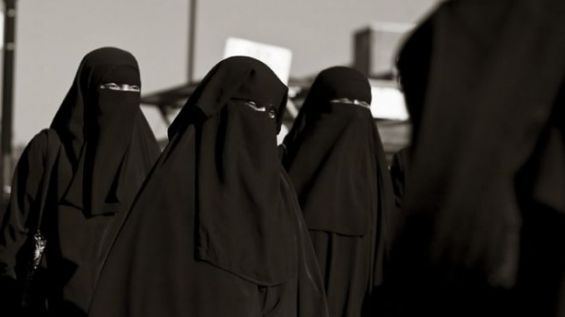Sarah Ibrahimi is one of the many Moroccan housewives stuck in the camps located in northeastern Syria, housing foreign women and children that fled the Islamic State.
Ibrahimi had no choice but settle down in ISIS when her husband who decided to fight for the terrorist group, moving to Syria. In a New York Times article published earlier this month, the Moroccan national narrates her ordeal. Accordingly, she fled ISIS when the father of her two sons disappeared.
However, she couldn’t make it outside of Syria. Sarah Ibrahimi and her two sons were captured and held in a detention camp, hosting more than 2000 foreign women and children brought to the zone by ISIS fighters.
According to the American newspaper, these women’s «home countries do not want them back, fearing they could spread radical Islamist ideology».
They must be repatriated, says Mohamed Ben Aissa
The same question was raised last week by the Northern Observatory for Human Rights (ONERDH) which called for the repatriation of Moroccan women in Syria.
In a communiqué published Monday on the NGO’s Facebook page, the Observatory claimed that Rabat refused to bring these women back to the country. «The decision comes as several foreign governments have already repatriated their nationals», wrote the Morocco-based organization.
Contacted by Yabiladi on Tuesday, head of the ONERDH Mohamed Ben Aissa declared that the body has been in contact with Moroccan women in Syrian camps and their families in Morocco. «Some countries have taken steps to repatriate their nationals but others refused to, including Morocco», he added.
For Mohamed Ben Aissa, «these Moroccan women and their children must be repatriated. Mothers are even ready to be prosecuted for terrorism». «They fear for their lives as Syrian democratic forces are threatening to expel the women and diminish the camps», he argued.
A source close to the file, however, brought a different version of the story. «The Kingdom cannot refuse the repatriation of Moroccan nationals», the same source told Yabiladi. «There must be a problem», added the source.
«The Foreign Affairs ministry is not the only body involved in similar procedures as other departments are supposed to take part in this», concluded the same source.




 chargement...
chargement...












